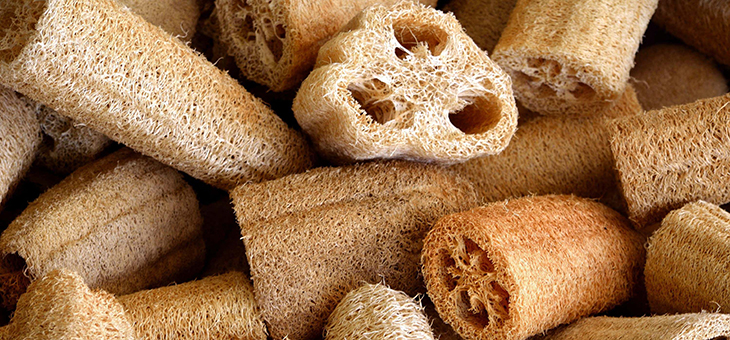As well as growing beautiful roses to admire, you can now eat them as well.
A new ‘Taste of Love’ culinary rose collection promises delicious flowers following a number of taste tests.
“The three roses that feature in the collection have each been specifically chosen for their unique flavours and textures – from silky sweet to refreshing citrus,” explains expert Marcus Eyles. “The floral medley will leave your garden brimming with beautiful blooms, that can be used to complement a variety of sweet and savoury dishes.”
Roses contain high levels of vitamin C and antioxidants, matching and even outperforming lots of common fruits and vegetables.
New roses, new flavours
1. Rosa ‘Very Berry’
With strong, upright branches, this rose has a sweet taste of redcurrants. It has an eye-catching intense pink colour, with rounded soft-petalled flowers that bloom all summer. In the kitchen, use them in confectioneries such as rose petal preserve or rose syrup. Also suitable to sprinkle on salads.
Read more: Roses for nearly every garden set-up
2. Rosa ‘Nadia Zerouali’
The petals of this rose have a fresh lemon/lemongrass taste. Strong, medium-sized, healthy and resilient, it blooms continuously throughout the season and is very attractive to bees and butterflies. Best used in salads, Mediterranean cuisine, confectionery and drinks.
3. Rosa ‘Theo Clevers’
This variety has a subtle aroma of strawberries and has beautiful rosette-shaped flowers in large, tight clusters. These work well planted next to pergolas or porches where they will give a great display in combination with climbers. Also suitable for growing in larger pots if you only have space for containers on the patio. Use in sweets, salads and beverages – this variety makes a lovely base for a rose petal ice cream.
If you do decide to use roses in your dishes
Harvest the flowers early in the morning as that is when the concentration of aromatic and nutritional compounds is at its peak.
If flowers are not to be used immediately after they are picked, keep them in an airtight container in the fridge. Petals can also be air-dried and stored in glass jars. An easy way to enjoy rose petal flavour all year round is to preserve their essence by making rose water or rose syrup.
Other flowers that pack a flavour punch
Roses may be the latest colourful addition to your menu, but don’t forget other flowers; these will also perk up your dishes.
Read more: How to grow edible flowers and spice up your cooking
Nasturtiums: these orange, red and yellow easy-to-grow annuals add a hot peppery flavour to salads but can also act as a sacrificial crop in the veg patch, luring aphids away from French and runner beans.
Courgette flowers: these large, bright yellow trumpet-like flowers can be stuffed with soft cheese and herbs and then deep fried for a delicious mouthful.
Marigolds: the Tagetes hybrids or Calendula family types are generally used for growing edible marigold flowers, which have a tangy flavour and add a golden hue to food.
Hollyhock ‘Black Knight’: this glossy, almost black flower has increased in popularity, adding vibrancy and colour to a simple salad.
Viola ‘Midnight Runner’: a flush purple fragrant flower, which is delicious in desserts such as viola jelly and the little flowers are also great served with ice cream or as a garnish on salads.
Sunflowers: not only can you eat sunflower seeds but you can also make use of their petals, which have a bittersweet flavour added to salads or as part of a stir fry.
Read more: Speedy Chilli Beef Stir-Fry
Polyanthus (primula hybrids): take the petals away from the centre calyx and sprinkle over salads to add a nutty flavour.
Borage: the pretty blue flowers, or the all-white variety ‘Alba’, can be used to add a colourful touch to a salad.
Calendula ‘Pink Surprise’: featuring beautiful salmon pink flowers that bloom right up to the first frosts. Try adding to coleslaw or use as part of a cake mix.
Cornflower: while the flowers aren’t scented, they do have a slightly spicy flavour similar to cloves and make a colourful confetti over salads and pasta dishes.
Beware if you have an allergy
If you suffer from hay fever or other plant allergies, or are allergic to pollen, it’s best to avoid eating any types of flower.
Do you grow any of these flowers in your garden? Do you ever add them to dishes?
– With PA
If you enjoy our content, don’t keep it to yourself. Share our free eNews with your friends and encourage them to sign up.

